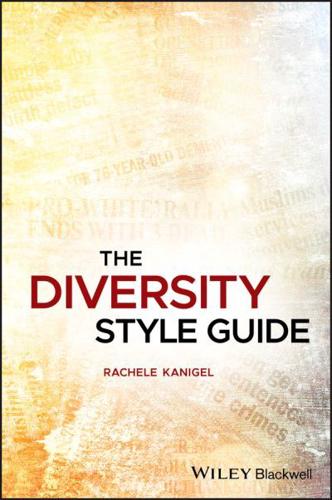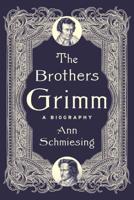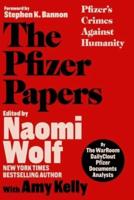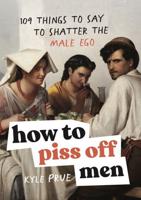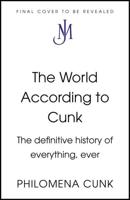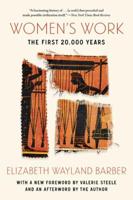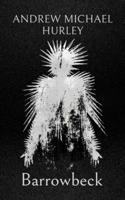Publisher's Synopsis
New diversity style guide helps journalists write with authority and accuracy about a complex, multicultural world
A companion to the online resource of the same name, The Diversity Style Guide raises the consciousness of journalists who strive to be accurate. Based on studies, news reports and style guides, as well as interviews with more than 50 journalists and experts, it offers the best, most up-to-date advice on writing about underrepresented and often misrepresented groups. Addressing such thorny questions as whether the words Black and White should be capitalized when referring to race and which pronouns to use for people who don't identify as male or female, the book helps readers navigate the minefield of names, terms, labels and colloquialisms that come with living in a diverse society.
The Diversity Style Guide comes in two parts. Part One offers enlightening chapters on Why is Diversity So Important; Implicit Bias; Black Americans; Native People; Hispanics and Latinos; Asian Americans and Pacific Islanders; Arab Americans and Muslim Americans; Immigrants and Immigration; Gender Identity and Sexual Orientation; People with Disabilities; Gender Equality in the News Media; Mental Illness, Substance Abuse and Suicide; and Diversity and Inclusion in a Changing Industry. Part Two includes Diversity and Inclusion Activities and an A-Z Guide with more than 500 terms.
This guide:
- Helps journalists, journalism students, and other media writers better understand the context behind hot-button words so they can report with confidence and sensitivity
- Explores the subtle and not-so-subtle ways that certain words can alienate a source or infuriate a reader
- Provides writers with an understanding that diversity in journalism is about accuracy and truth, not "political correctness."
- Brings together guidance from more than 20 organizations and style guides into a single handy reference book
The Diversity Style Guide is first and foremost a guide for journalists, but it is also an important resource for journalism and writing instructors, as well as other media professionals. In addition, it will appeal to those in other fields looking to make informed choices in their word usage and their personal interactions.
